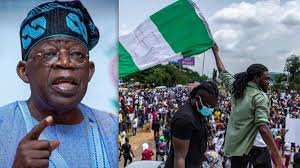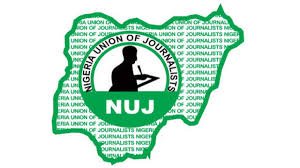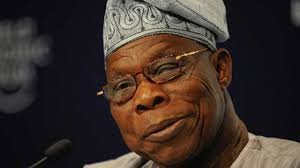Efforts by a senior US diplomat to reverse the recent coup in Niger have hit a standstill, casting uncertainty over the country’s political landscape. Despite intense negotiations led by Victoria Nuland, the acting deputy secretary of state, no progress was reported just a day after the West African bloc ECOWAS issued an ultimatum that went unanswered.
Nuland’s high-stakes diplomatic mission, conducted in secrecy, aimed to engage with the military leaders responsible for toppling President Mohamed Bazoum, a Western-backed democratically. The timing of Nuland’s visit coincided with the expiry of ECOWAS’ deadline for the reinstatement of Bazoum or the risk of military intervention.
During her over two-hour-long talks with the military chiefs, Nuland described the discussions as “extremely frank and at times quite difficult.” Despite offering multiple options for resolving the crisis and restoring relations with the United States, the coup leaders did not show any inclination to accept these proposals.
The 15-nation ECOWAS bloc is poised to reconvene for a diplomatic push to address the crisis, with a summit scheduled for Thursday in Abuja, Nigeria. While an immediate military intervention seems unlikely at this stage, the path to dialogue remains open, according to sources close to ECOWAS.
READ ALSO: Founding Declaration of the Council of Resistance for the Republic
France, a significant regional player, has expressed its unwavering support for ECOWAS actions in response to the crisis. The international community is unified in its call for a diplomatic resolution. US Secretary of State Antony Blinken emphasized the importance of diplomacy, echoing ECOWAS’ stance.
Neighboring countries such as Mali and Burkina Faso, both reeling from their own recent military coups, have voiced opposition to a regional military intervention. Algeria, sharing a lengthy border with Niger, has strongly cautioned against a military solution, citing the potential for destabilization in the region.
As the political stalemate persists, the global community remains watchful of developments in Niger, a country vital to the fight against jihadist insurgencies in the Sahel. The presence of French and US military forces approximately 1,500 and 1,000 troops, respectively underscores Niger’s significance in regional security strategies.
The outcome of these diplomatic efforts carries weight not only for Niger’s political future but also for broader regional stability and counter-terrorism initiatives.



















